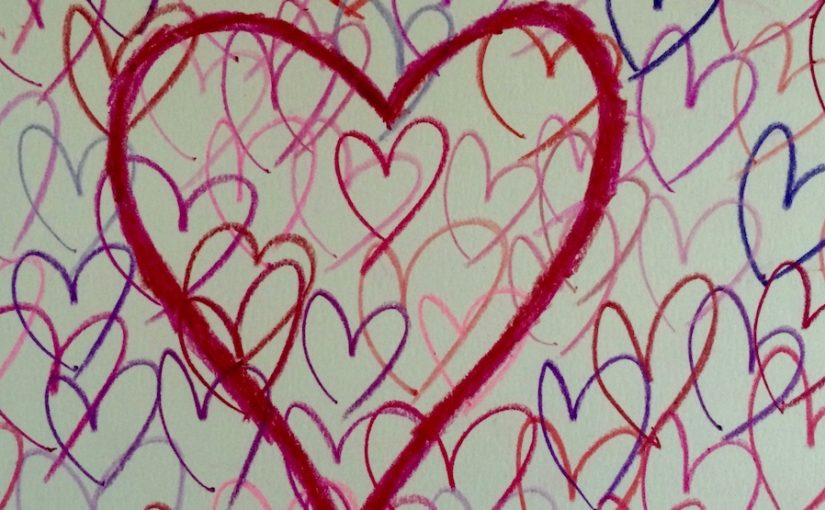Originally published on Love Intersections
Brexit. I’ve been finding it challenging to comprehend all the explicit hate, racism, and xenophobia. People voting Leave believing they were voting for immigrants to leave and then gleefully celebrating their “victory” has my stomach in knots.
Part of me wants to be in denial that this ideology could be present here, but the truth is that it has been voiced to me many times. It’s rarely explicit stated, but the implicit message is always clear.
What usually happens is that I’m talking with an older white person and they find out I grew up in Richmond. They’ll say something like:
“Oh… Richmond has really changed, hasn’t it?”
What they mean is “there’s too many Asian people now,” and they expect me to agree.
The assumption they make is that I’m on their side in the us-versus-them they’ve constructed. It’s one of the many ways in which they are incorrect.
There’s no question to me which side I’m on. I’m on the side with “those Asians” because they are my friends, my neighbours, my classmates, and my family. And I want to say I love you.
My family left Richmond in 2001, so to my neighbours both from then and those who’ve arrived since: I love you and I really love what you’ve done with the place. By your hands, Richmond has gone from a nondescript, homogenous suburb to a vibrant, multicultural, urban community. Richmond really has changed, and it’s entirely for the better.
To my classmates: I love you and I gained so much from all that you taught me. Like that there’s a difference between Hong Kong, Taiwan, and Mainland China (and Japan, and South Korea, and all the other places in Asia…). That CBC, FOB, and Banana all mean Canadian. How you really don’t need that much shared language to play together. And how more cultures means more opportunities for celebrations.
To my friends: I love you and have so much gratitude for everything we shared. Trading cookies for Pocky, playing Star Wars and Pokémon, watching Disney and Studio Ghibli. We were pirates, Power Rangers, dinosaurs, Sailor Scouts, Batman and Ultraman, and so much more. Anime taught us the extraordinary power of friendship and we brought it into reality.
Two people I am honoured to call my siblings are mixed Japanese and European. You are my family and I love you so much. My world is greater in both breadth and quality for having you in it.
When I say I love all the sights, sounds, smells, and tastes of Richmond, I really mean it. Not just the sweet and sour and the yakisoba that my grandparent’s palate can understand, but the duck feet and the durian that allow my palate to grow beyond what theirs could even imagine.
The same is true for stories and histories. I love the stories of dragons, lanterns, and fireworks. For the histories of emigration, internment, and inequity my love is just as strong, though awash with sadness too.
Xenophobia tells us to fear difference but as a queer person I know my difference is my gift. I know that in an ecosystem the diversity is what makes it resilient. I know that celebrating and embracing difference makes us all so much more than we could ever be on our own.
We now live in an era of profound global interconnection. Technology, economies, migration, and climate disruption have woven our stories and fates more tightly than has ever been seen. Any movement forward must be grounded in an ethos of connection, acceptance, and a global sense of us. We are not “all one,” but instead an extraordinary multitude of difference, and that is how we will survive and thrive.
So thank you Richmond, for nurturing me and my peers into global citizens.
I love you,
Andrew
